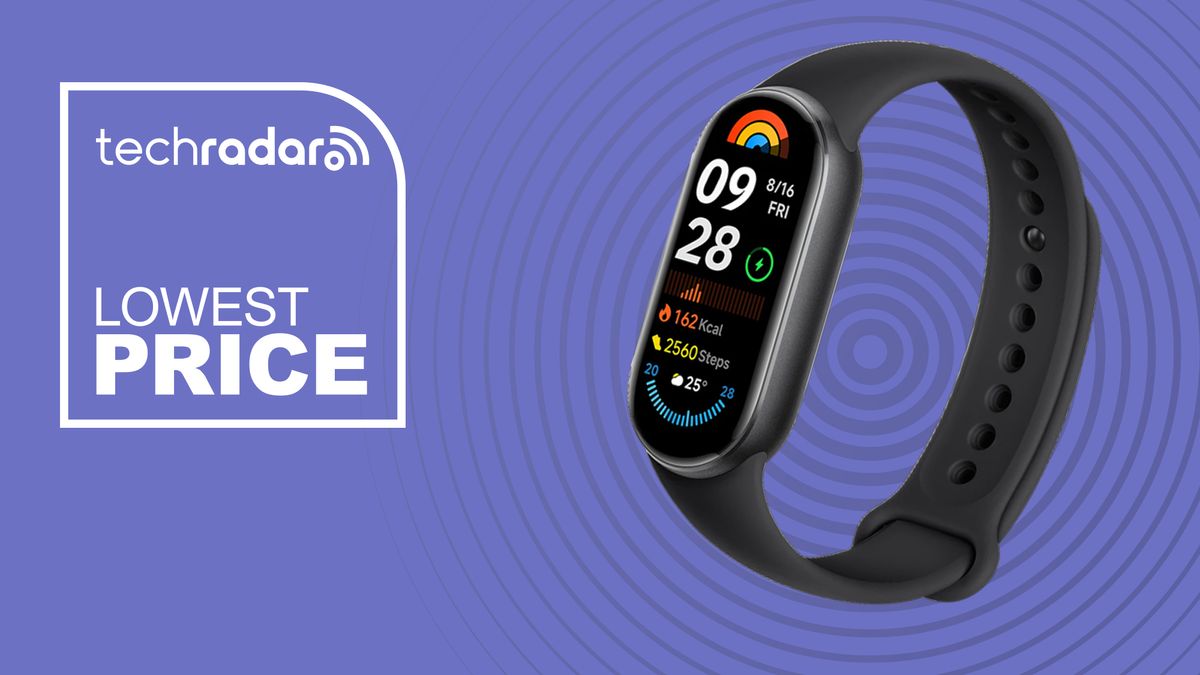Bussiness
It looks like Nvidia failed to soothe skittish investors
But since then, it’s dropped by around $500 billion. Now, investors are left wondering if the chip-making giant — whose shares have, until now, been on a dizzy upward trajectory thanks to its dominance of the AI semiconductor market — has peaked.
The annual shareholder meeting on Wednesday didn’t ease their concerns.
Nvidia CEO Jensen Huang didn’t say anything to sound off alarms during the meeting. But he also didn’t say anything particularly reassuring about how it will fend off competitors and maintain its position at the top — or anything game-changing that hadn’t already been touched on at the GTC conference in March.
CEOs like Sam Altman and Elon Musk still view the graphics processing unit chips as a key component of the generative AI boom. However, other tech giants have started to develop their own alternatives.
It’s worth noting that even if companies do come out with their own versions, it could take a while before they become fully reliable. Still, Google said it’s making its own Arm-based CPU processor, Axion, in April, and Microsoft is also attempting to create its own AI chips.
Huang also failed to mention during the meeting when exactly the company’s next-generation AI chip, Blackwell will become available, although he said it would be “the most successful product” in Nvidia’s history. He unveiled the chip at the GTC conference but hasn’t provided information on its price or availability since. The chip is supposed to operate at least two times faster than its predecessor, the H100.
Huang talked positively about the prospects for Nvidia, saying that the company has created a path forward for the future of computing, which took about two decades to reach. Nvidia serves over five million developers and 40,000 companies, including thousands of AI companies.
“Nvidia accelerated computing, has reached a tipping point and achieved a virtuous cycle,” Huang said.
That wasn’t enough for shareholders, however. The stock stayed down more than 2%.
Nvidia is still one of the world’s biggest companies, but time will tell if it can maintain its position as the main provider of computing chips — and if its massive market cap is sustainable.
Nvidia declined a request for comment from Business Insider.








